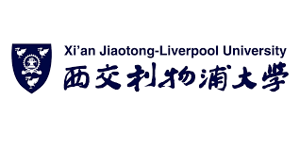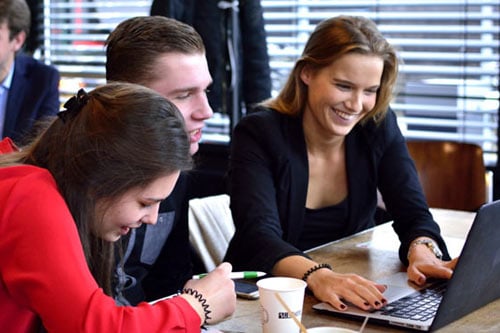In this continuously changing environment, lecturers must find new and different ways to engage their students. How can one utilize technology to their advantage and enhance the learning experience for the student?
We spoke with Cathy Myles from Leeds University Business School, Dr Keith Halcro from Glasgow Caledonian University and Dr. Amit Mitra from the University of the West England to talk about their experiences.
1. What tools or techniques do you use to increase teaching effectiveness?
According to Halcro, ‘each lecturer is different and therefore has a different approach to what they believe will stimulate the students. Personally, what I find key, is getting students involved and so I tend to use a variety of techniques e.g. lectures, directed reading, case studies, flipped sessions and management simulations. Learning should not be unidirectional, but if students are not given some structure and information/knowledge from the lecturer they become dispirited’
'It is important that I encourage them to be lifelong learners’ says Keith Halcro.
2. How has the use of blended-learning impacted you and your students?
Halcro believes that by looking back at personal experiences, he can learn a lot ‘Honestly, I remember from personal experience, back when I was a student that variety was very important. The most enjoyable classes I had were when the tutor was interested in the subject, but also used a variety of techniques and was supportive when you got stuck on certain topics or assignments’. Mitra also notes: ‘By using simulations in the mix, students are provided with a first-hand exposure to challenges of decision making in the real world’
3. How do you deal with the too much content – not enough time dilemma?
‘I make it clear to students at the start of the module that I cannot cover everything. My role is to frame the learning; my aim is to get them to walk out of the session at the end thinking they were glad they came, know more than when they walked in and want to learn more. It is important that I encourage them to be lifelong learners’ says Halcro. Myles adds ‘anything that engages the students more and gets them to participate; if they are working in groups, management simulations and business games are particularly effective’
Special thanks to:
- Cathy Myles BA (Hons), FCA, PGCHE, SFHEA, Leeds University Business School
- Dr Keith Halcro BA Management, International Tourism and Hospitality, Glasgow Caledonian University
- Dr Amit Mitra, BSc (Hons) MSc PhD FBCS FHEA, University of the West of England


.png?length=300&name=unnamed%20(11).png)
.png?length=300&name=unnamed%20(7).png)
.png?length=300&name=unnamed%20(8).png)
.png?length=300&name=unnamed%20(6).png)

.png?length=300&name=unnamed%20(10).png)
.png?length=300&name=unnamed%20(5).png)
.png?length=300&name=unnamed%20(9).png)
.png?length=300&name=unnamed%20(4).png)
.png?length=300&name=unnamed%20(2).png)
.png?length=300&name=unnamed%20(1).png)
.png?length=300&name=unnamed%20(3).png)
.jpg?length=300&name=unnamed%20(2).jpg)





.png?length=300&name=loughborough-university-logo%20(small).png)





